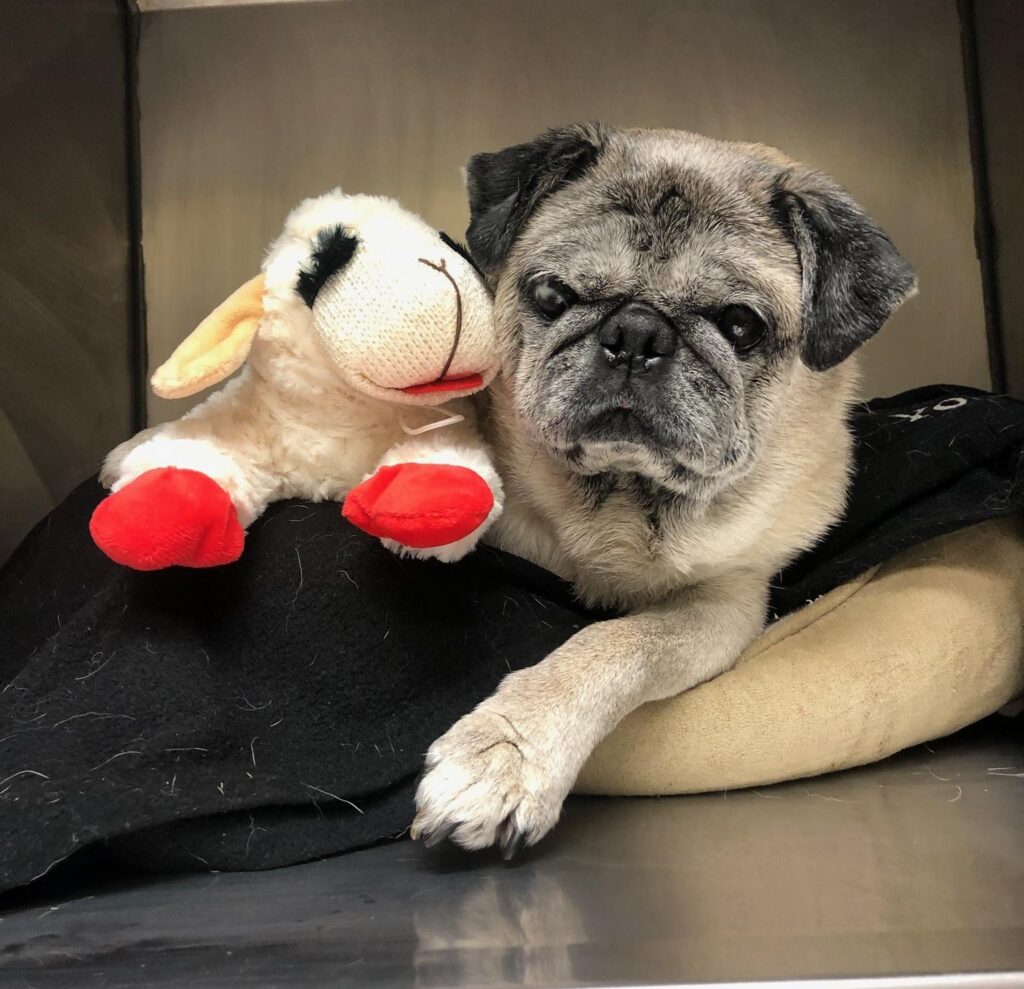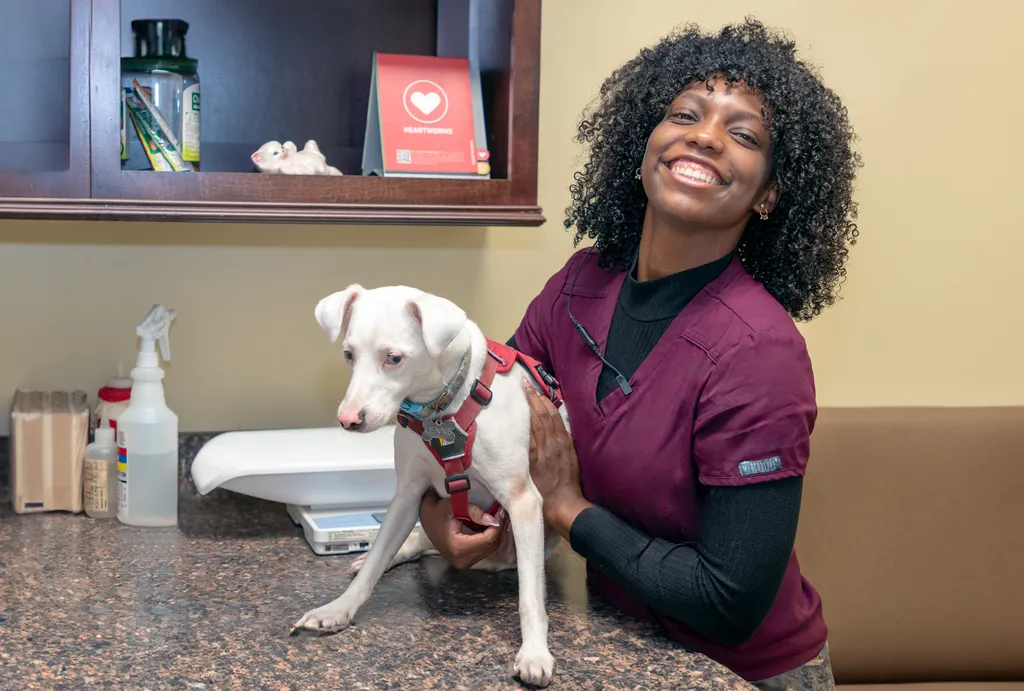Recently there has been a lot of talk about fully vaccinating children and the dangers of over-vaccination. But what about your fur-child? How do you know which vaccines are appropriate for your pet? What about preventative care beyond pet vaccines? How can we catch diseases early enough to treat and allow your pet to live a longer life?
Pet Vaccinations in a Nutshell
Let’s start with the basics: what is a vaccine? A pet vaccine is a segment of the virus or bacteria that will help to prepare the body’s immune system to fight off the disease should it ever be exposed in the future.
There are so many diseases that your pet can be vaccinated for that it can be overwhelming when your veterinarian is poking your pet. If you aren’t sure what your fur-baby is being vaccinated for, or if you are confused you should always ask for clarification.
Core Pet Vaccines
There are certain vaccines that we call “core vaccines” that are universally recommended for every pet. Examples of core vaccines for dogs are as follows:
- Distemper
- Parvovirus (Parvo)
- Rabies
For cats they include:
- Panleukopenia
- Parvovirus (the feline form)
- Herpesvirus
- Rabies
- Calicivirus
These diseases are “core vaccines” because those diseases are the most deadly and common.
It is especially important to have puppies and kittens vaccinated, as they are the most susceptible to diseases because their immune systems have not fully developed. They do receive antibodies from their mothers while nursing. These antibodies will partly neutralize the vaccine your puppy or kitten receives. It is believed that those antibodies wear off between 15 and 20 weeks of age. That’s why your veterinarian recommends boosting vaccines every three weeks up to about 16 weeks of age to make sure that your puppy or kitten will be prepared for when those antibodies wear off.
What About Our Older Pets?
Just as in people, as our pets age diseases like diabetes, kidney failure and arthritis can come to the surface. Most veterinarians recommend twice yearly exams because pets age much faster than humans. Fluffy having an exam once a year would be equivalent to you visiting your doctor every 7-12 years!
Often your veterinarian may recommend senior blood work, especially for pets that have reached “senior” status at 8 years of age. Bloodwork is mainly looking at organ function in your pet, determining if they are all working appropriately. If anything does not look right on the bloodwork, your vet may recommend further testing or treatment.
We all love our pets and want them to live long and happy lives. The best way to encourage that is for you to have a good relationship with your pet’s veterinarian. Recognizing changes in your older dog or cat’s behavior and activity levels as they age will help your vet to gauge appropriate senior screening. Arming yourself with good questions will put you and Fluffy on the right track for a long and tail-wagging life together. Contact us if you have any questions!



